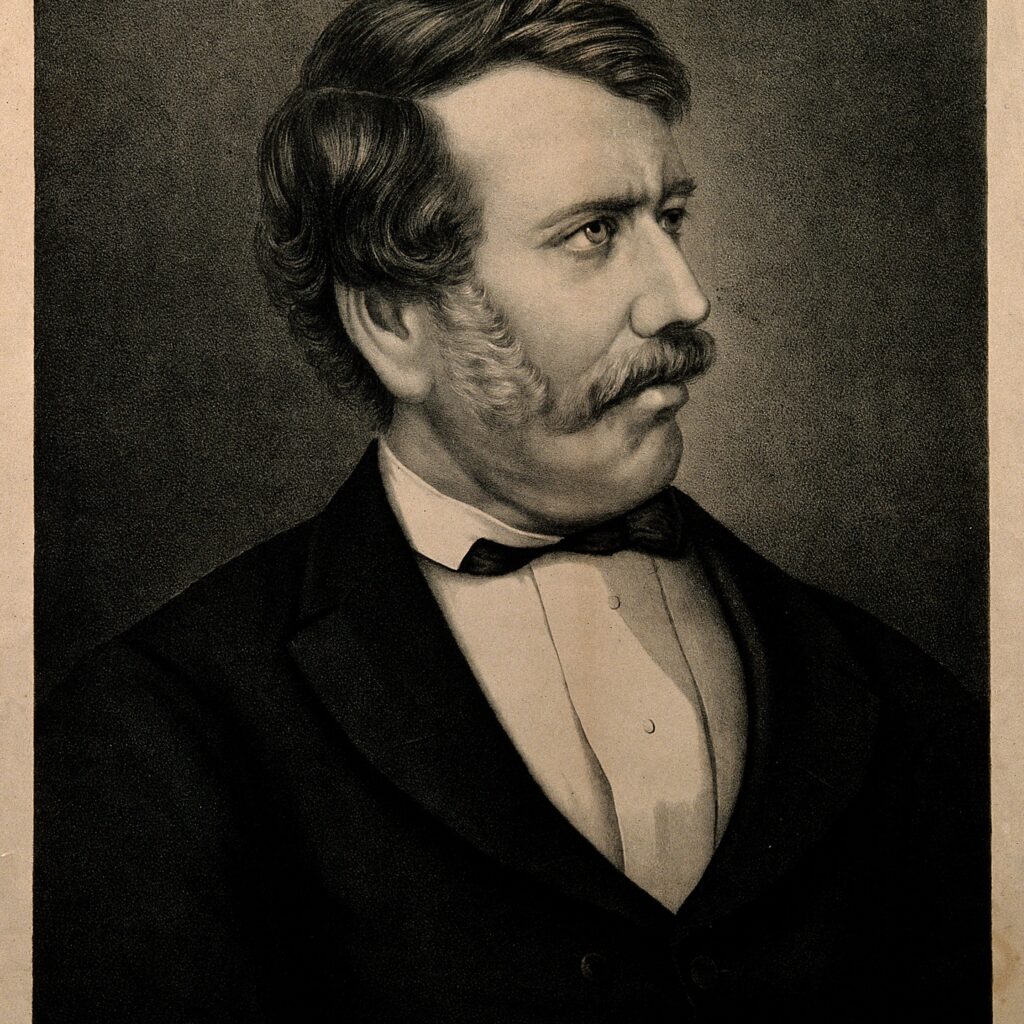
David Livingstone (1813–1873) was a Scottish missionary, explorer, and anti-slavery campaigner whose life and work left an indelible mark on the African continent and the history of Christian missions. His efforts to map uncharted territories and combat the slave trade made him a renowned figure in both mission history and exploration.
Early Life and Education
David Livingstone was born on March 19, 1813, in Blantyre, Scotland, to a poor family. His father, Neil Livingstone, was a poor hand-loom weaver, and his mother, Agnes, was a devout Christian. Despite their modest means, Livingstone’s parents were determined to provide him with an education. David worked in the local cotton mill from the age of ten to support his family while attending school in the evenings. His intellectual curiosity and deep Christian faith were nurtured during these formative years.
Livingstone’s education continued at the local school and then at the Andersonian University in Glasgow, where he studied medicine and theology. His commitment to Christian service led him to the London Missionary Society (LMS), which sent him to Africa.
Missionary Work in Africa
In 1840, Livingstone set sail for Africa with the LMS. His initial mission was to work in South Africa, where he focused on providing medical care and evangelizing. However, Livingstone’s vision extended beyond traditional missionary work; he was deeply concerned with the plight of Africans under colonial rule and the rampant slave trade.
In 1849, Livingstone embarked on an exploration journey into the interior of Africa, driven by a desire to discover new territories and find the sources of the Nile River. His explorations took him through what is now Zimbabwe, Zambia, and Tanzania. He made significant geographical discoveries, including the famous Victoria Falls, which he named in honor of Queen Victoria.
Livingstone’s travels were marked by significant hardships. He faced numerous health issues, including bouts of malaria and dysentery, but remained resolute in his mission. His detailed accounts of Africa’s geography and peoples, published in journals and books, captured the attention of the European public and contributed to the growing interest in African exploration.
Anti-Slavery Campaign and Legacy
Livingstone’s work was not limited to exploration. He was a fervent opponent of the slave trade, which he encountered during his travels. His writings and speeches exposed the brutal realities of slavery and helped galvanize public opinion against it. Livingstone’s reports on the cruel practices of slave traders and his advocacy for African rights contributed to the eventual decline of the slave trade in East Africa.
Livingstone’s legacy extends beyond his anti-slavery work and explorations. His efforts to bring Christianity and Western medicine to Africa had a lasting impact on the regions he visited. His encounters with various African communities were characterized by respect and a genuine desire to understand and assist them.
Despite the personal sacrifices and struggles he faced, Livingstone remained committed to his mission until his death. He passed away on May 1, 1873, in Chitambo, Zambia, after a long illness. His African companions, who had grown to deeply respect him, buried his heart under a tree in Africa, as per his wishes, and transported his remains to England, where they were interred in Westminster Abbey.
David Livingstone’s life and work remain a testament to the spirit of exploration and mission-driven service. His contributions to geography, medicine, and the fight against slavery continue to be recognized and celebrated, making him one of the most significant figures in the history of Christian missions and African exploration.